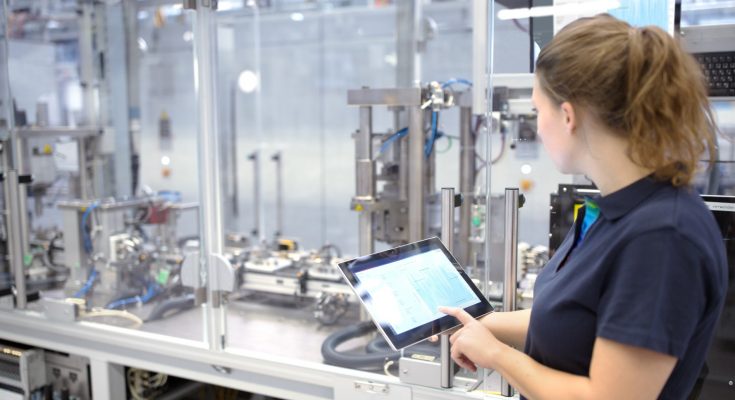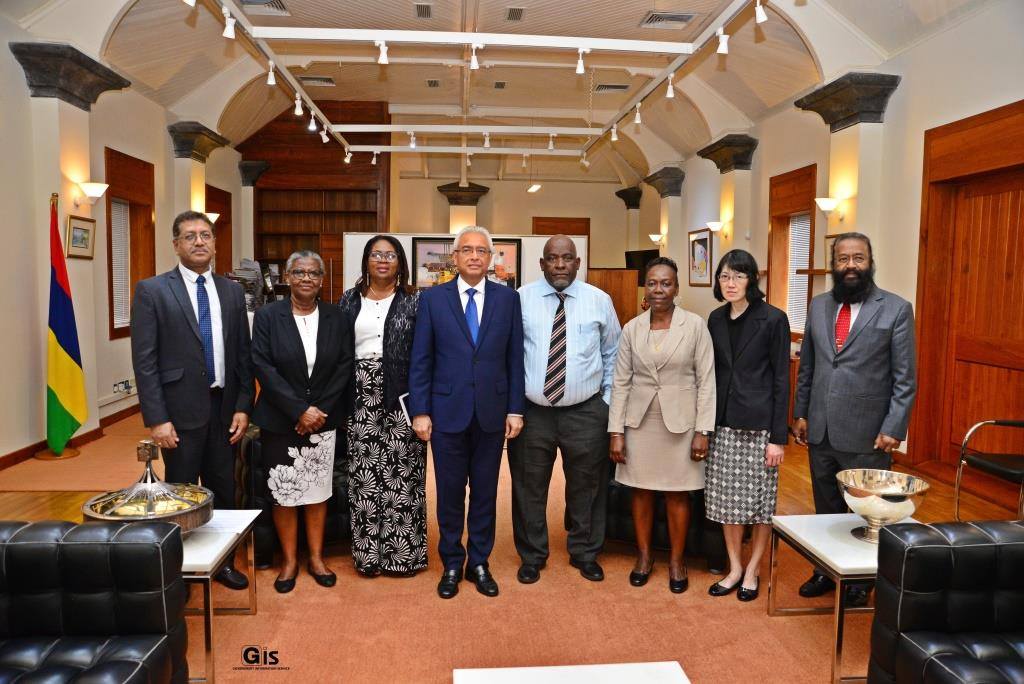
Home Economie i4.0: Mauritius Needs to Escalate Workforce Preparedness
i4.0: Mauritius Needs to Escalate Workforce Preparedness
Sep 10, 2019Economie
As Mauritius acquires new technologies to transform itself into a cashless society, it also needs to prepare its workforce to the challenges it will face in the new disruptive times ahead. Government is implementing its citizen-centric agenda to democratize the playing fields, to enable everyone to pay utility bills, taxes, fines, license fees and even run daily errands through user friendly applications – soon mobile apps – only means everyone has to be ready to embrace the innovative digital lifestyle.
“We are entering unchartered waters of a radical shift in live-work-play style. Change in consumer behavior is already being observed, changing the competitive landscape worldwide,” says Chee-Peng Tan, an i40 capacity builder and practitioner, at whose initiative the i40 Master class will be organized on 25 October 2019, at Intercontinental Resort.
By 2025, disruptive digital technologies will drive all imaginable professional fields. Customers – local and foreign – will demand more personalized products and services at competitive cost. Regulatory compliance rules will be stricter and as more geopolitical events and issues hit the boardrooms, businesses will need to be swift and extremely agile to protect critical assets. According to Chee-Peng Tan, for Mauritius “to sustain its current economic status, both the private and the public sectors must adapt to the market-driven rapid changes of the new Industry 4.0“. Successful companies are currently pushing initiatives by focusing on core strengths and at the same time unlocking capital to reinvest in their transformative agenda. Workforce readiness is a top priority for them.
Sophisticated production performance management softwares will soon have to be adopted by the Mauritian manufacturing and agroindustries if they want to survive the digital revolution which is spawning new possibilities in the digital economies. Chee-PengTan emphasizes that disruptive change will impact everybody, from top management to shop floor workers. “We are talking about applications translating raw data from a variety of formats and sources into the common business language and translated into useful information, insights and wisdom. We are moving towards a work environment where the low skilled employee, will now stay informed about the status of their systems at all times. Pending tasks, such as maintenance work or delivery of materials will be displayed, organized, evaluated in real time and assigned.” Perhaps working alongside new colleagues commonly called robots.
But how far is Mauritius prepared? “Mauritius has to be careful when assessing its preparedness to face the i4.0 challenges. Improved connectivity is not sufficient anymore. Today, rich countries use technologies to increase control over global value chains and extract larger shares of value added produced by the developing world”, he argues. For him, “Government’s decision to come up with a Skills Development Authority is right. But just providing financial incentives and leaving the private sector to decide for itself will not help the country gain leverage. Are i4.0 skills taught in our professional training programmes and academies?Authorities need to make it mandatory to include i4.0 pillars in our upskilling programmes.”









